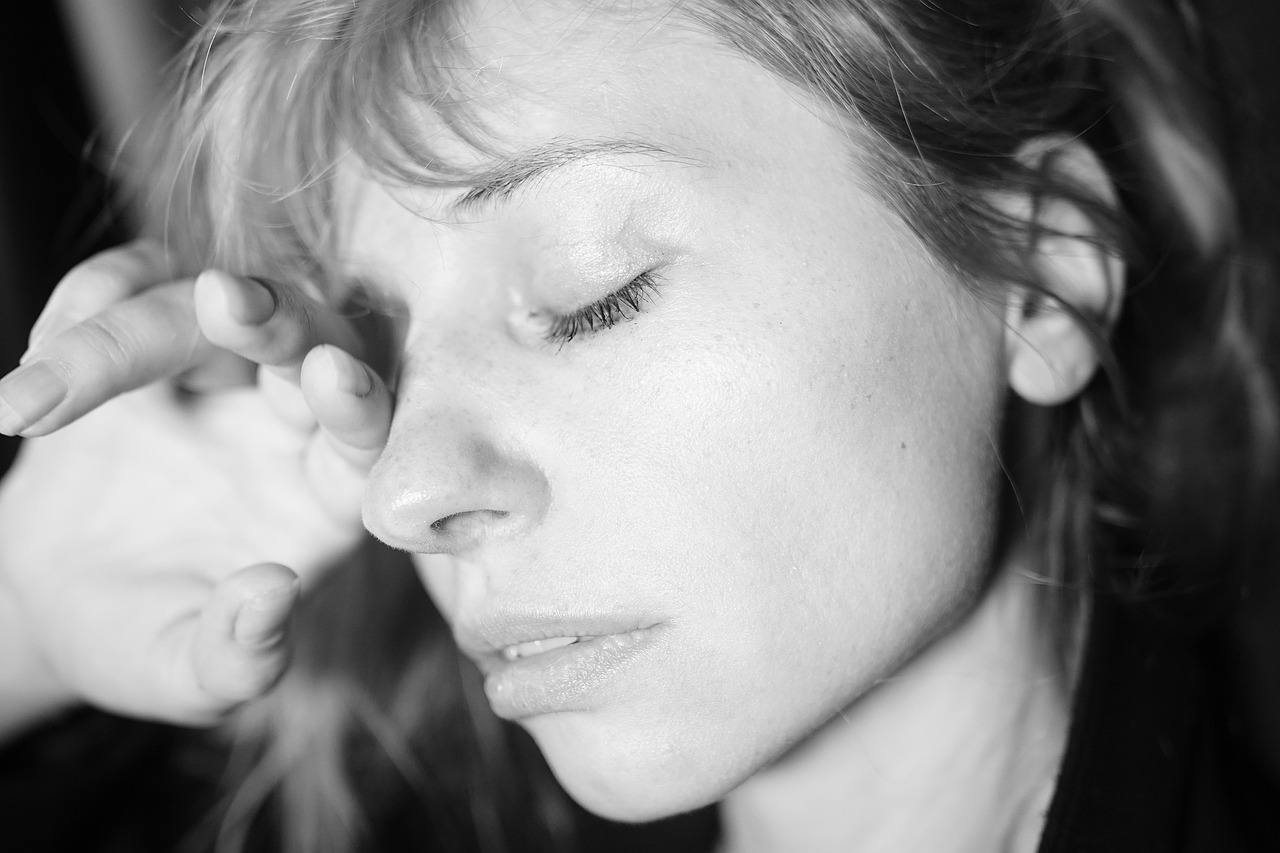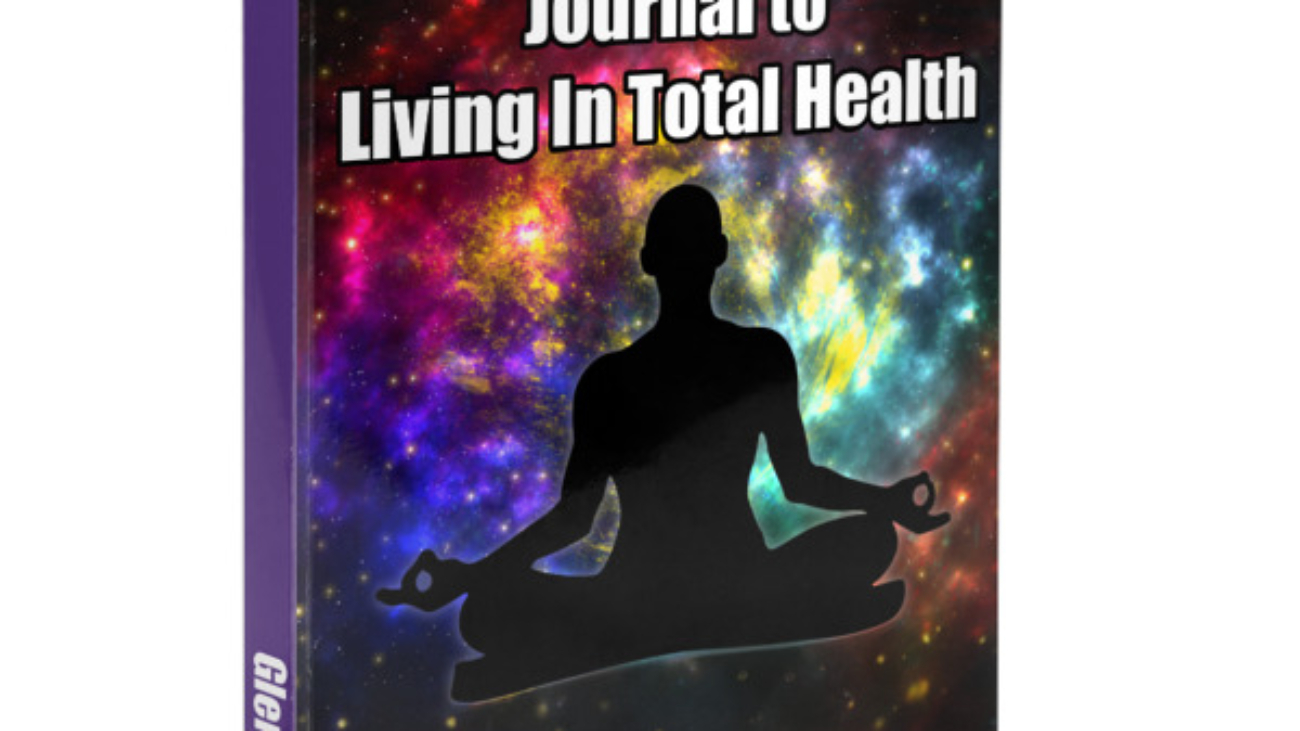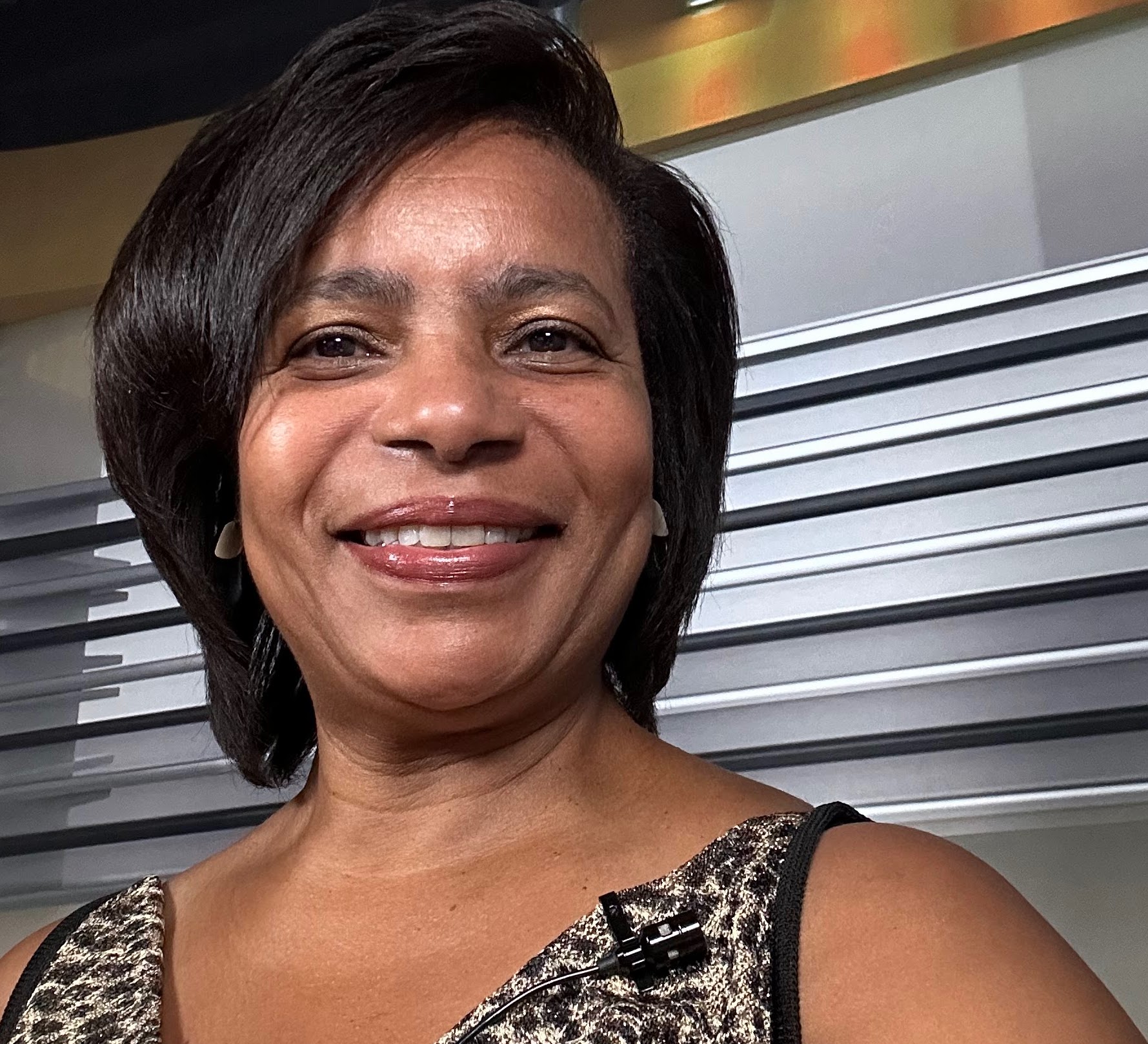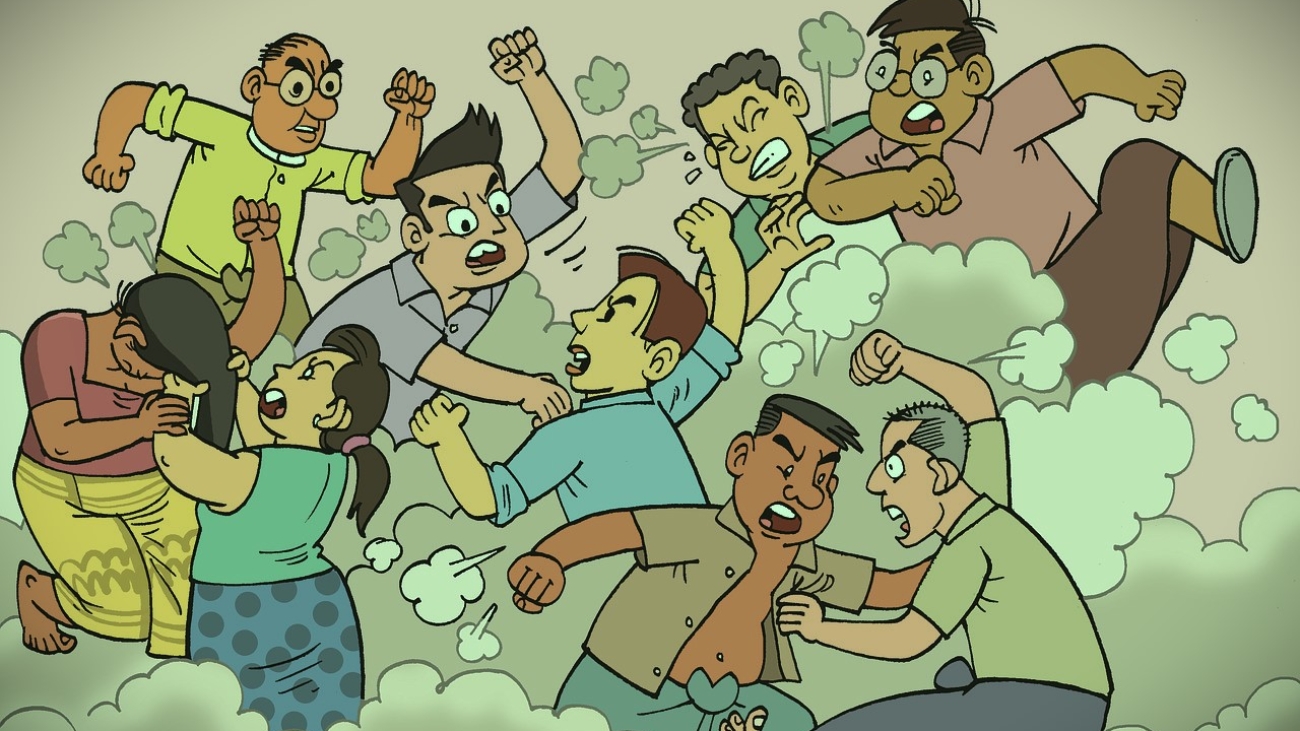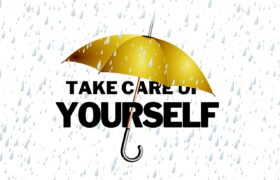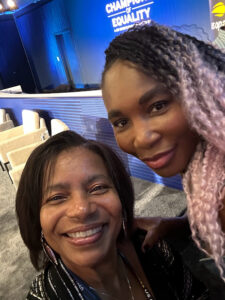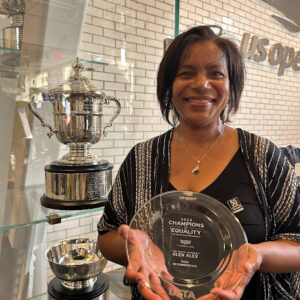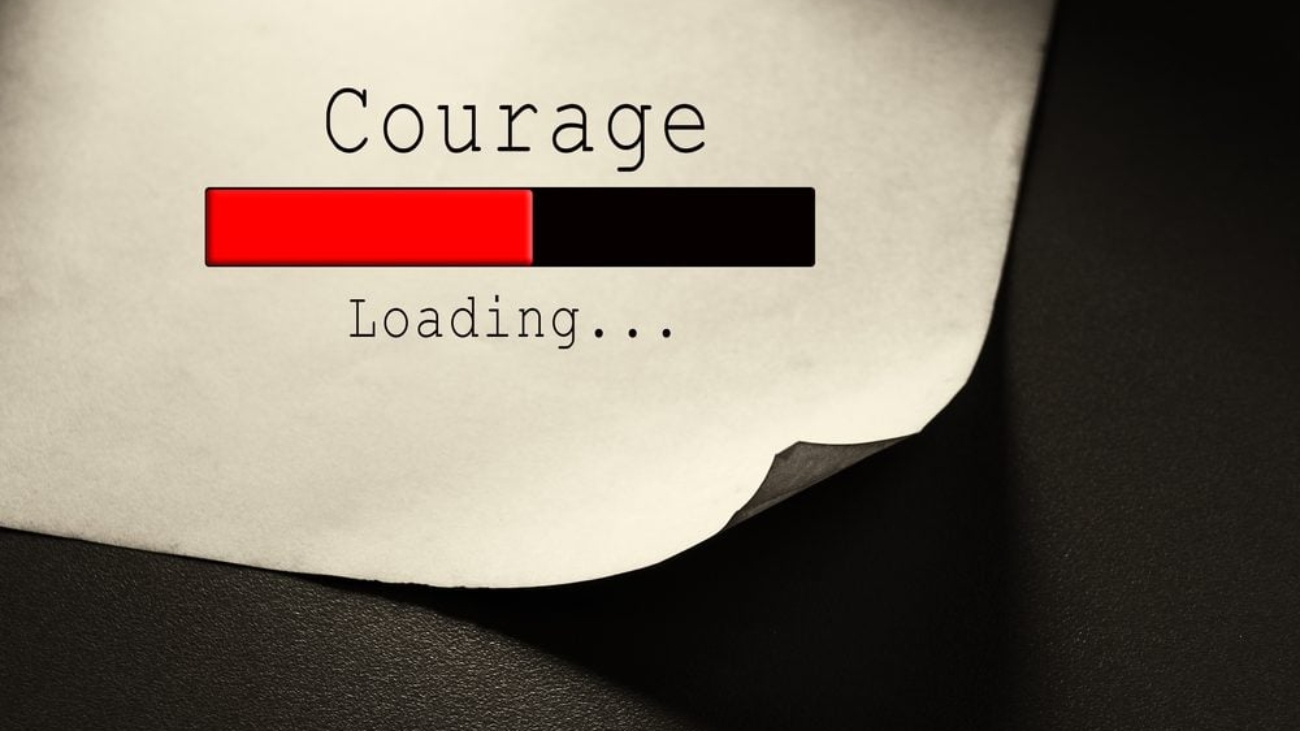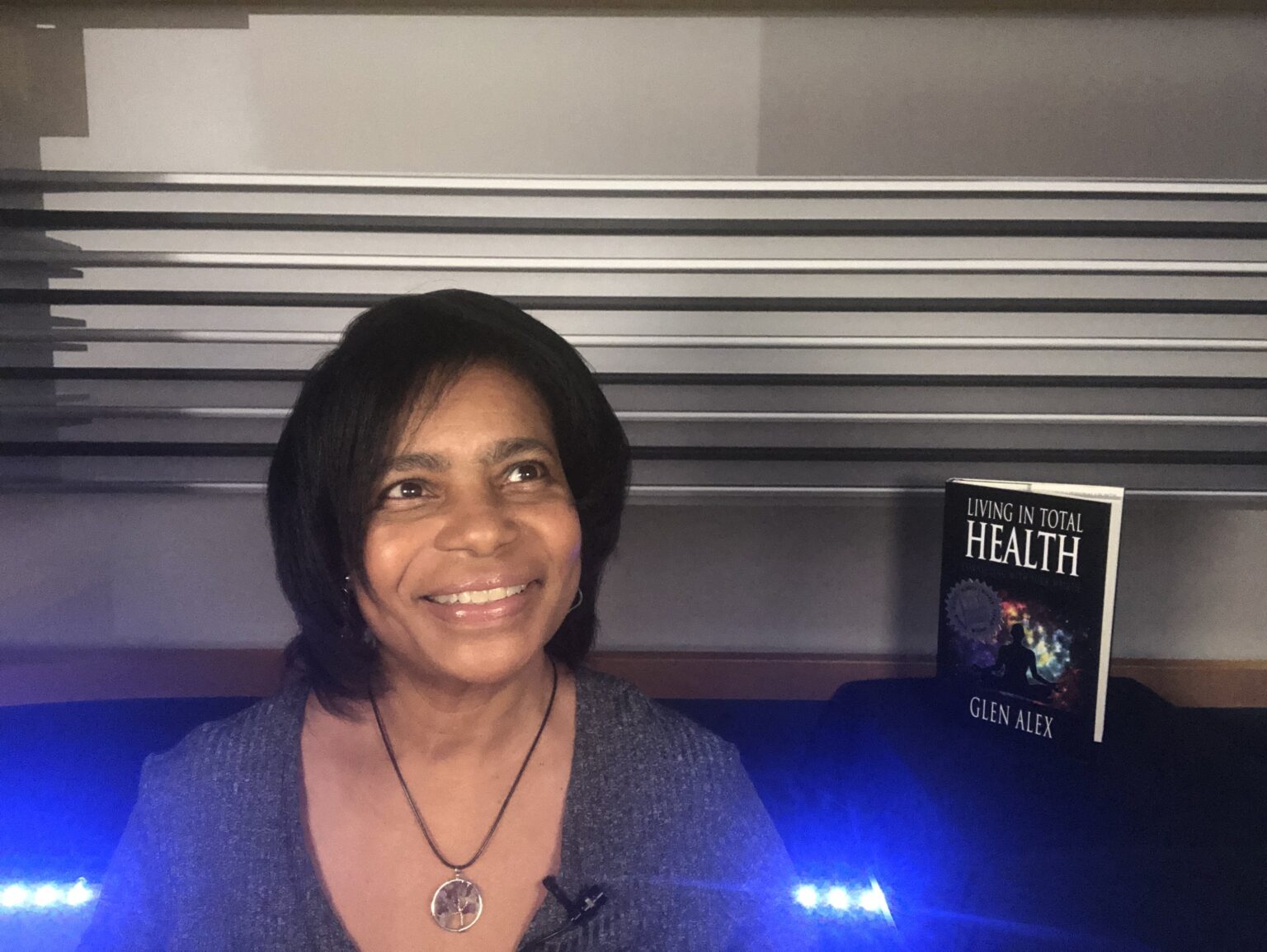We humans have a need to socialize, to relate to other human beings on a deep level. Connection. Loneliness is the absence of that connection. Factors involved in loneliness include being excluded, rejection, abandonment, limited or no support system, social isolation, frequent moving, political divide, the sense of being profoundly different from everyone else, and not being seen or heard. Loneliness is on the rise and is associated with a greater risk of cardiovascular disease, dementia, stroke, depression, anxiety, and premature death.
“While loneliness has the potential to kill, connection has even more potential to heal.”
– Vivek Murthy, former United States Surgeon General
Loneliness vs Being Alone
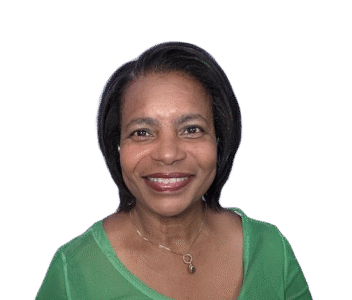
Please note that loneliness and solitude are not the same thing. Some people actually enjoy their alone time and enjoy their own company, as do I. It is a guiltless pleasure of mine to just be, and not talk or be social or attend to another person. And having time to myself allows me to the opportunity to reflect and connect with my inner wisdom and Personal Truth.
It’s also possible to feel lonely even when surrounded by people. I’m the youngest of 10 children and was often overlooked. My opinions were not sought-after. So, I experienced loneliness growing up around others and in my first marriage.
While the experience of loneliness can occur any time, it tends to heighten on social media and in ads during holidays. We are bombarded with a plethora of seemingly happy people, couples, families, and friends.
“Find company within yourself and you’ll never spend a day alone.
Find love within yourself and you’ll never have a lonely day.”
– Connor Chalfant
Heal Your Loneliness
Please know that meaningful connections are available to you any time of the year, however. To heal your loneliness, start with the 5 steps below.
1. Deepen your connection with yourself.
Many lonely people look outside of themselves for validation and esteem. The truth is, it comes from within. So explore your innate talents and gifts and identify what you like and love. Then allow that to be the foundation of your connection with other people. That will also help you discern the difference between loneliness and being alone.
2. Limit doom scrolling.
My clients report feeling worse about themselves and their lives after seeing the perfect and luxurious lives of others. Exposing yourself to profiles that only show fairy tales triggers unrealistic comparisons to others and can make loneliness worse.
3. Engage in activities that put a smile on your face and a gleam in your eye. Activities that bring you joy are centering and promote mindfulness, both of which dispel depression and anxiety. Joy also minimizes loneliness and opens your mind up to possibilities to enhance your overall health and well-being.
4. Connect with others based upon shared interests.
Whether you enjoy tennis, hiking, reading, music, dancing, movies, writing, or volunteering, there is a group you can connect with based upon what you like or love. This type of connection minimizes the stress and pressure of meeting new people because you already have a common interest.

5. Seek therapy.
Guidance and support can help enhance your relationship with yourself and help you identify strategies to develop meaningful connections. You can take the loneliness test for free on PsychologyToday.com to assess your level of loneliness to enhance your self-awareness and self-compassion which will assist you in recognizing and developing healthy and meaningful connections.
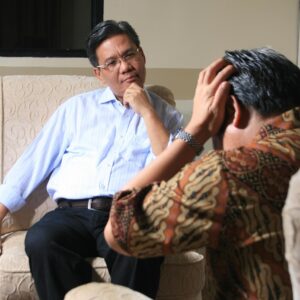
Loneliness is real, a social epidemic. And loneliness can lead to anxiety, depression, and serious medical conditions. However, meaningful connections with other human beings are available to you. Take the 5 steps above to deepen your relationship with yourself and to develop authentic connections with others. You can heal your loneliness.











